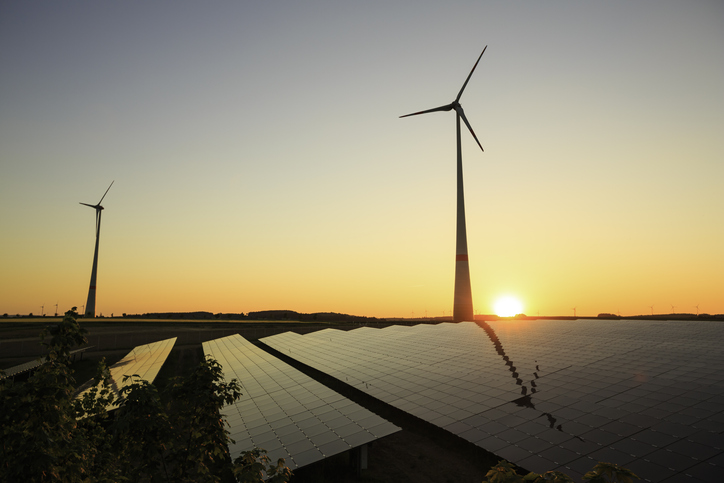Australian sovereignty requires new thinking on investment and trade

While Covid-19 continues to provide moments of awakening, it’s yet to become the catalyst for the paradigm shift expected by many in the back half of 2020. Perhaps this will change with the realisation that we’re going to be living with ‘long Covid’—not the medical condition, but the pandemic—for some time.
Even with the national rollout accelerating, vaccines alone are unlikely to let Australians return to pre-Covid life. We can’t rely on the temporary workarounds and solutions applied to date, such as hotel quarantine in major population centres and deal-making to obtain diverse stocks of vaccines, that have been driven by limited domestic production. Living with Covid will require governments to make larger economic investment and structural change to build resilience.
Our new ASPI report, New beginnings: rethinking business and trade in an era of strategic clarity and rolling disruption, launched today, considers the relationship between our business and trade positioning in the context of the impacts of Covid, natural disasters and the actions of coercive trading partners.
As a starting point, the report looks at the ‘four Cs’—Covid, China and climate change—against a backdrop of rapid technological evolution. It identifies significant opportunities in low-carbon and renewable energy, biotechnology for human and agritech applications, quantum technologies, sustainable rare-earth mining, processing and manufacture, and deepened military–industrial co-production with allies and partners.
Until recently, continuous economic growth and the absence of an existential threat perpetuated an almost unchecked belief in the power of market forces, globalisation and the ‘long peace’ following World War II. These conditions led us to believe Australia was the lucky country. For decades we’ve relied heavily on that luck, underappreciating the risks and assumptions behind globalisation and enthusiastically pursuing short- and medium-term foreign investment and trade opportunities.
But our faith that economics had nothing to do with national security was proven ill-founded.
This has left Australia overexposed to risk in the structure of our economy and our trade. But our interconnected and interdependent globalised world is only part of the story.
The report provides an overview of some of the issues that contributed to where Australia is today, and suggests a range of opportunities to rethink how we do business and trade to enhance resilience and safeguard our sovereignty.
While corporations are factoring in the need to better understand and mitigate supply-chain risks from both environmental and state-directed disruption, it’s a mixed story. There’s still a clear sense of confusion—and nostalgia—when it comes to our China policy. It seems likely that large numbers of Australian companies and chunks of our university sector would rush back to deepening their China market partnerships and exposure given the chance.
At the same time, other, more trusted, economic partners with which Australia has functioning free-trade agreements (Japan, the US and South Korea, to name just three) or with which we’re negotiating (such as the UK, India and the EU) are avenues for market expansion for Australian businesses, which we treated as low priorities at the time of the now-ended China boom. And those other partners are positives for our national security as well as for our prosperity.
These new directions for Australia will build our future wellbeing, prosperity and security and enhance our position as a leader and trusted partner in our near region. But a longer term view is needed to achieve a broader mix of defence, mining, agriculture, technology, higher education and tourism measures to minimise our economic fragility and enhance national sustainability.
Modern nation-building starts with rethinking business and trade to mitigate the risks of coercive trade, optimise national resilience and take advantage of national strengths and trusted partners. Our current well-worn policies, procedures and mindsets were designed for a different, less challenging and slower paced era.
We need to think differently, commit to the big ideas of entrepreneurs and invest in innovative opportunities.
Pursuing these opportunities requires us to position economics alongside security, sovereignty and resilience through a more holistic nation-building agenda that invests in what we’re good at and what we need, values what we have and builds the future we want.